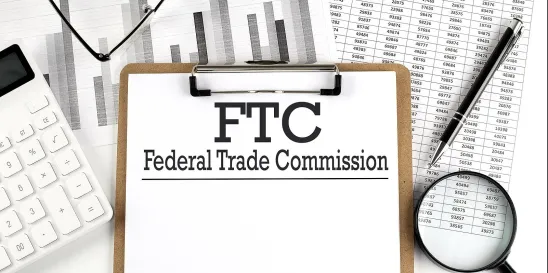“Service fees.” “Convenience fees.” Whatever a business calls them, consumers don’t like them, and neither does President Biden. The President has repeatedly pledged to end the practice of imposing what he calls “junk fees.” He asked the White House Competition Council to eliminate and reduce “unnecessary hidden fees” in September 2022. The next month, the Federal Trade Commission (FTC or Commission) announced that it would explore a junk fees rule, and the White House released a blog post supporting a junk fee rule and describing actions taken by the FTC, the Consumer Financial Protection Bureau, the Department of Transportation, and the Federal Communications Commission. The FTC issued its Advance Notice of Proposed Rulemaking (ANPR) in November 2022, and the issue found its way into the February 2023 State of the Union address, where Biden described the issue as “those hidden surcharges too many companies use to make you pay more.”
The FTC has now issued a new proposed rule (proposed Rule) requiring more transparency in imposition of these fees. Many of the more than 12,000 comments the Commission received indicated that hidden pricing was widespread. According to the FTC, myriad respondents claimed that businesses were not transparent about added fees, which were often imposed late in the purchase process, and did not clearly explain the nature of and reason for such charges.
The proposed Rule would not restrict the sorts of fees that can be imposed, but it would require businesses to display the total price more prominently than any other pricing information. It would bar companies from misrepresenting the purpose of a fee and require companies to disclose up front whether fees are refundable. Voluntary gratuities, shipping, and government-imposed charges are excluded from the scope of the rule altogether. While the proposed Rule would apply to all industries, the Commission identifies hotels, short-term lodging, ticket sales, rental housing, financial services, auto sales, and internet service providers as particular areas of concern.
Many consumer groups supported the proposed rulemaking, but trade associations such as the U.S. Chamber of Commerce and the Association of National Advertisers opposed the rulemaking. Among other things, industry groups argued that the ANPR was too broad to comply with FTC rulemaking procedures and should be narrowly tailored to specific industries engaging in unfair or deceptive practices.
The proposed Rule is accompanied by a series of questions on which the Commission specifically invites comment on a broad range of issues. The comment period closes 60 days from the date of publication of the proposed Rule in the Federal Register, which has not yet occurred as of the time of this writing.
The Administration’s anti-junk fee campaign also includes the release of an advisory opinion from the Consumer Financial Protection Bureau (CFPB) that asserts that consumers are entitled to basic banking information without having to pay “excessive” fees. A proposed rule from the CFPB that requires banks to allow consumers to securely send transaction data to other companies is expected later this month. California’s recently-passed SB478 also requires disclosure of all mandatory fees whenever prices are advertised, effective July 2024.
Given the volume of comments submitted to the FTC in the earlier round, there is certain to be significant interest in the proposal. Comments will be due sixty (60) days after publication in the Federal Register.






 />i
/>i
